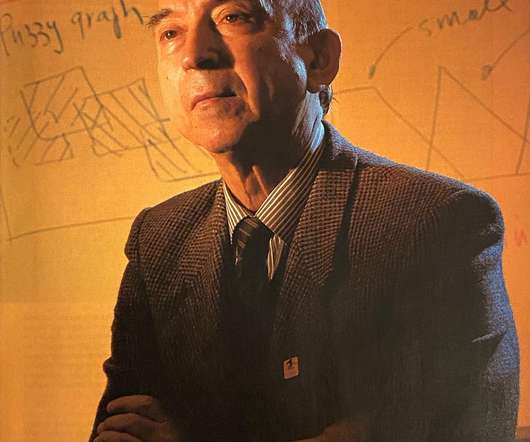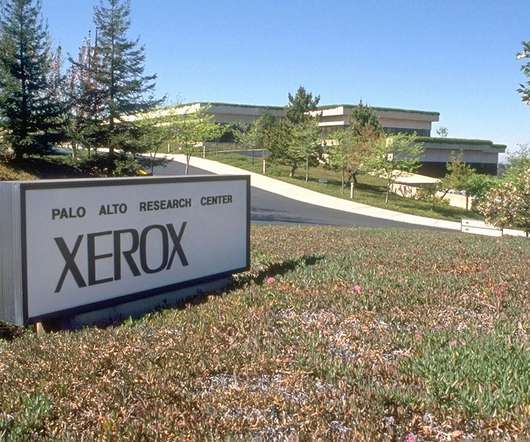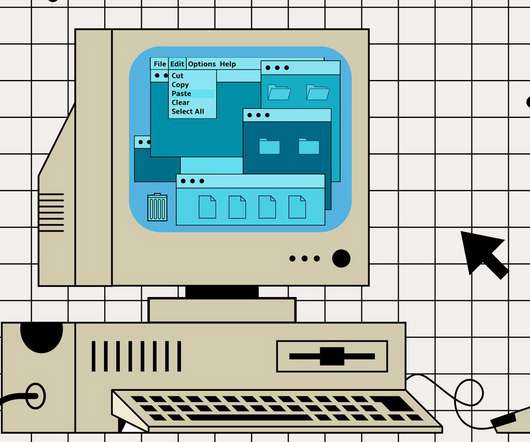Can Deepfake Tech Train Computer Vision AIs?
Cars That Think
APRIL 6, 2022
A research group from the Massachusetts Institute of Technology has explored whether, given that generative models are now capable of producing highly realistic images, they can replace datasets to train computer vision AI models. Researchers have already been looking towards synthetic data to fill this breach.















Let's personalize your content